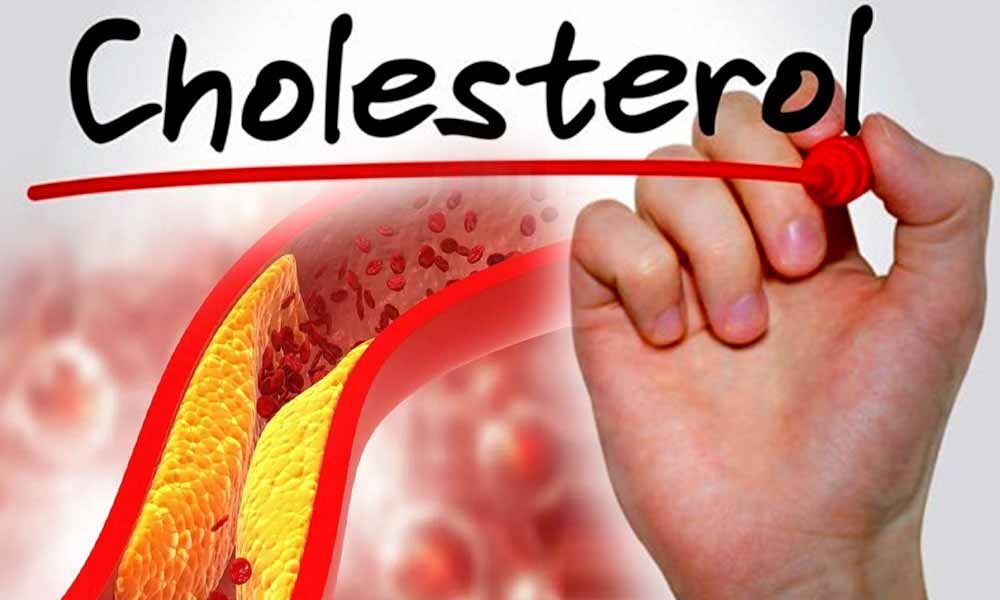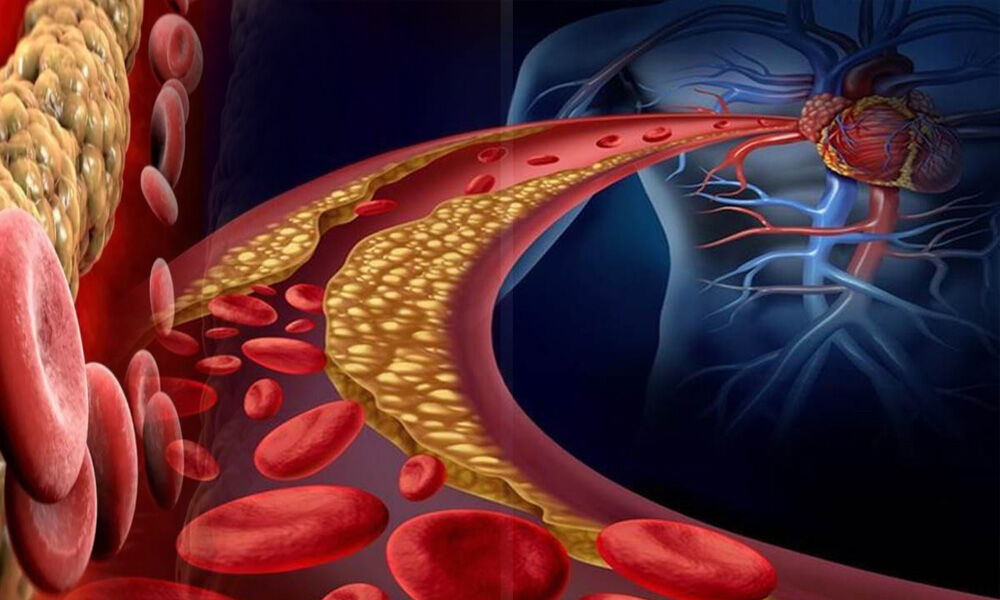For decades, dietary cholesterol has been considered a major risk factor for heart disease. However, recent research has challenged this belief, suggesting that the impact of dietary cholesterol on heart health may not be as significant as once thought. In this article, we will explore the current understanding of the relationship between dietary cholesterol and heart health.
What is Cholesterol?
Cholesterol is a waxy, fat-like substance that is present in all cells of the body. It plays a vital role in the production of hormones, vitamin D, and bile acids that aid in digestion. Although our bodies can produce cholesterol, it is also found in animal-based foods such as meat, eggs, and dairy products. It is this dietary cholesterol that has been the focus of attention in relation to heart health.
The Link Between Dietary Cholesterol and Heart Health

For many years, it was believed that consuming foods high in cholesterol could increase the risk of heart disease by raising blood cholesterol levels. High levels of cholesterol in the blood were thought to contribute to the formation of plaque in the arteries, increasing the risk of heart attacks and strokes.
However, recent research has shown that the impact of dietary cholesterol on blood cholesterol levels is not as significant as once thought. While some studies have found a modest increase in blood cholesterol levels after consuming foods high in cholesterol, others have found no significant effect.
The Role of Saturated and Trans Fats
While dietary cholesterol may not have a significant impact on heart health, the consumption of saturated and trans fats has been linked to an increased risk of heart disease. Saturated fats are found in animal-based foods such as meat, butter, and cheese, while trans fats are found in processed foods such as baked goods and fried foods.
When consumed in excess, saturated and trans fats can raise blood cholesterol levels, contributing to the formation of plaque in the arteries. This can increase the risk of heart attacks and strokes.
The Importance of a Healthy Diet
While the impact of dietary cholesterol on heart health may not be as significant as once thought, it is still important to maintain a healthy diet that is low in saturated and trans fats. A diet that is rich in fruits, vegetables, and whole grains, and low in processed foods and added sugars, has been shown to have a positive impact on heart health.
In addition to a healthy diet, regular physical activity, maintaining a healthy weight, and avoiding smoking can all help to reduce the risk of heart disease.
While the impact of dietary cholesterol on heart health may not be as significant as once thought, it is still important to maintain a healthy diet that is low in saturated and trans fats. By focusing on a diet that is rich in fruits, vegetables, and whole grains, and low in processed foods and added sugars, we can help to reduce the risk of heart disease and improve our overall health and wellbeing.





